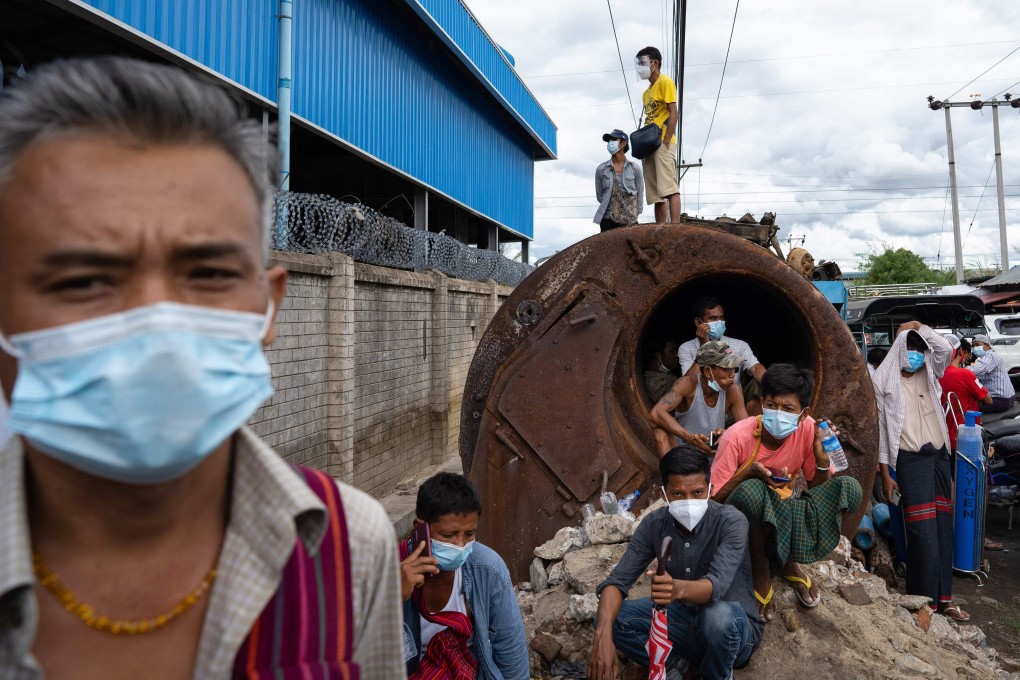Opinion | Myanmar’s Covid-19 and human rights crisis is growing. UN, Asean must act now to save lives
- The Tatmadaw has plunged the country into chaos and is using force against peaceful demonstrators. National vaccination efforts have been thrown into disarray by the military coup
- Myanmar needs humanitarian help now but the international community should ensure they don’t lend legitimacy to the military regime

Since the Myanmar military launched a coup on February 1, the human rights situation across the country has been deteriorating each day, developing from a political crisis to what the United Nations recently described as a “multidimensional human rights catastrophe”.
The military, known as the Tatmadaw, is plunging the country into chaos, committing grave rights violations, including the unlawful use of force against peaceful demonstrators, arbitrary arrests, detention, and torture.
Independent media outlets have been banned, and access to the internet and social media cut off. Since the coup, some 915 people have been killed, including children and medical workers, and thousands of people have been arbitrarily detained by the Tatmadaw. A staggering 200,000 people have been forced to flee their homes because of violent Tatmadaw raids on neighbourhoods and villages.

02:17
Myanmar military coup hampers fight against country’s biggest wave of Covid-19
The people of Myanmar have shown incredible resilience and continued to peacefully protest despite the heavy military crackdown. Many of them, including youths, are risking their lives daily, challenging arrest, torture, and detention with the ultimate aim of restoring democracy.
At the same time, lives of the millions of people in Myanmar are exposed to the higher risk of Covid-19 infections and fatality, as national efforts to combat the pandemic, including vaccination programme, have been thrown into disarray by the military coup and its oppression and offensive since then.
At the regional and international levels, countries have condemned the military takeover. Most recently, US Secretary of State Antony Blinken expressed deep concern about events in Myanmar and urged Asean to take action.
Several countries have also been pursuing efforts to end the crisis. In June, the UN General Assembly adopted a resolution calling states to “prevent the flow of arms” into Myanmar. But this is nowhere near enough. A series of more robust and coordinated actions from the international community and the UN bodies is needed to isolate the military junta and restore democracy and rule of law in the country.
